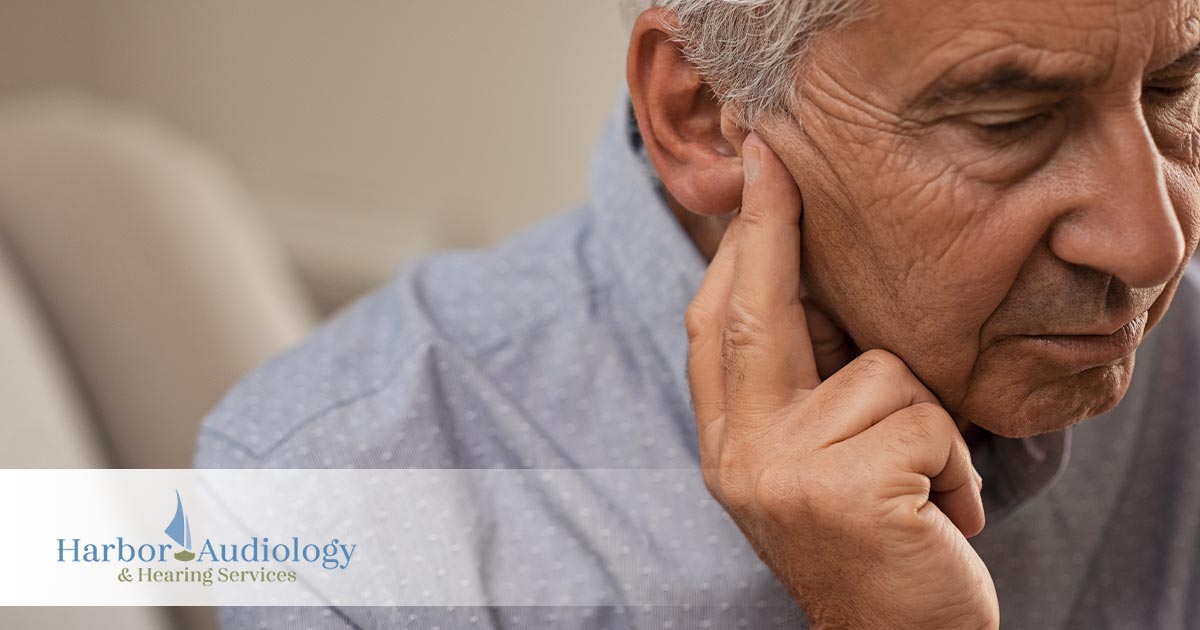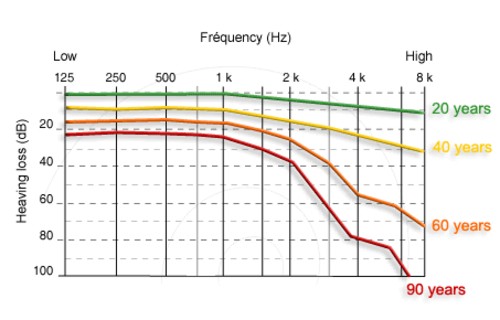
What Can Be Expected With Age-Related Hearing Loss?
Reviewed by Dr. Porter on October 16, 2020
You depend on your ears for so much on a day-to-day basis. If you start to experience hearing loss, then this can have a profound impact on your quality of life. Sadly, many people are going to experience auditory loss as they age. For this reason, it is important for everyone to know what to expect and if anything can be done to prevent this. What are some of the most important points that you should keep in mind when it comes to age-related loss?
Age-Related Hearing Loss
Age-related hearing loss, also known as presbycusis, is the gradual reduction in auditory health that many people experience as they grow older. Furthermore, this is one of the most common chronic medical conditions that impact elderly individuals. During their lives, approximately one-third of people in the United States are going to develop progressive auditory loss at some point between the ages of 65 and 74 years. Those who experience age-related auditory loss might have a hard time following instructions from a doctor, hearing phones, responding to doorbells, and even responding to smoke alarms. As a result, the auditory degradation can also make it hard to converse with family members and friends.
Usually, age-related auditory degradation takes place in both ears. In most people, this condition impacts both ears equally. Because this condition is usually gradual in its progression, most people do not notice auditory loss at first. That is why it is important for everyone to see a doctor on a regular basis to make sure that they get their hearing checked.
What is Normal Hearing Loss with Age?
Before getting into detail regarding normal hearing loss with age, it is important for everyone to know how sound is conducted from the outside world to the brain. First, sound waves enter the outer ear. They travel through a narrow passage that leads to the eardrum. When sound waves strike the eardrum, the eardrum vibrates. These vibrations pass to three tiny bones that are present in the middle ear called the Staples, Inca, and malleus. Eventually, these bones start to vibrate as well. This causes fluid that is in the inner ear to vibrate in an area called the cochlea. These vibrations are transmitted to sensory hair cells that are in the inner ear. These hair cells move in response to sound, sending signals to the brain that are interpreted accordingly.
There are several reasons why people lose their hearing as they get older. In some cases, it can be hard to distinguish age-related auditory loss from other types of auditory damage. There are several conditions that are common in elderly individuals that can also contribute to age-related hearing loss. This includes high blood pressure, diabetes, and certain medications that might be toxic to the cells in the ears. In general, the wear and tear of life is one of the most common reasons why people lose their hearing as they get older. Continuous exposure to loud noises such as heavy machinery, jet engines, and loud music can also damage the sensory hair cells that are present in the ears. This is one of the most common reasons why people develop age-related auditory loss.

Hearing Loss with Age
Detailed studies have been conducted that have shown that auditory loss increases with age. Less than 10 percent of people under the age of 50 suffer age-related hearing degradation. By the age of 69, close to a quarter of people in the United States will experience some form of age-related hearing loss. The good news is that there are treatment options available.
Age-Related Hearing Loss Treatment
Age-related hearing degradation can have a severe impact on someone’s overall quality of life. The good news is that there are treatment options available. Some of the most common treatment options include hearing aids, which are worn behind the ear to make sounds louder, cochlear implants, which are common in younger individuals who are profoundly deaf, and assistive listening devices, which are designed to amplify noises while spending time in crowded areas. There are also bone-anchored hearing systems that are designed to bypass the ear canal and the middle ear, using the body’s innate ability to hear using bone conduction. In some cases, teaching individuals to read lips can help them overcome age-related hearing loss.
Hearing Loss Treatments Available Today
Age-related hearing loss is one of the most common issues that elderly individuals face. It is important for everyone to work with Audiology professionals to overcome hearing loss. There are specialists who have extensive training in this field that can work with patients on an individual basis to come up with a treatment plan that is right for them. At Harbor Audiology and Hearing Services, we have a group of trained professionals who can help you overcome age-related hearing loss. Contact us today to make an appointment!
Categorised in: Hearing Loss






